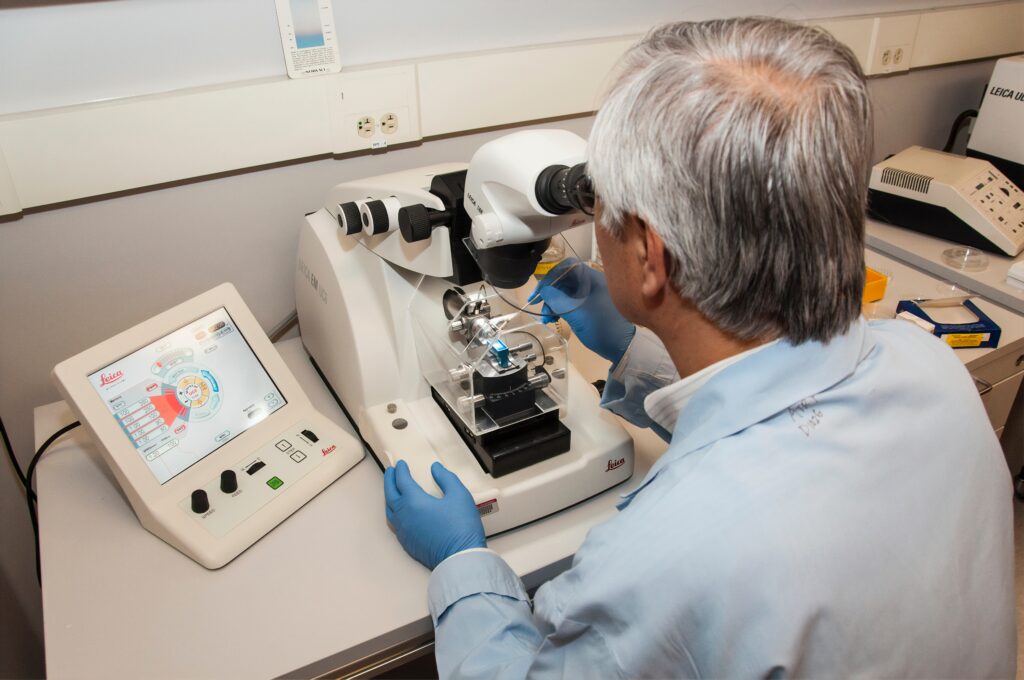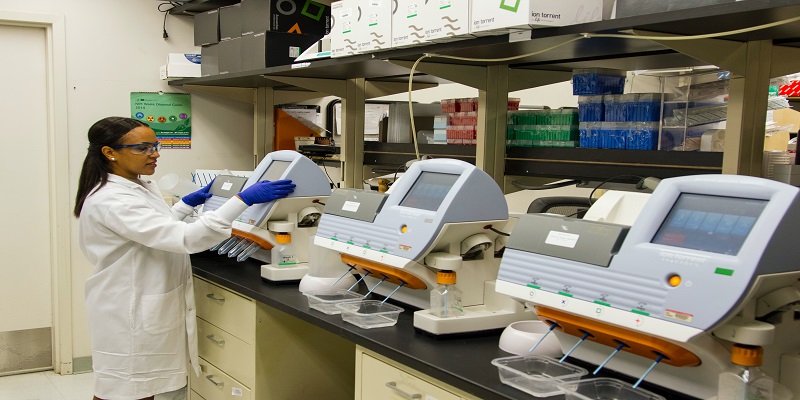Biotechnology is a vast field of biochemistry, involving both the use of living organisms and various systems to create or produce medical products. However, depending on the techniques and tools used, it also often overlaps with other medical fields. A wide variety of approaches are used in biotechnology, such as genomics, genetics, cell, and tissue culture technologies, pharmacology, microbiology, physical sciences, and biophysical technologies. Some areas of biotechnology have received increased interest in recent years. In particular genetic engineering has received increasing attention as an avenue for developing new and improved bio-products and medicines. This article briefly outlines some of the more important areas of biotechnology and its current activities.
In the area of genomics, advances in this field have led to the production of genetically altered crops and animals. As of 2021, there is no permanent human on the earth who does not carry the genes of every person alive. This means that humans will continue to control the amount of disease-causing viruses, parasites, and bacteria throughout their lifetimes. Genomics can be applied to the commercial production of food, drugs, vaccines, medical products, and other medical devices. Biotechnologists are developing new methods for producing better products, in an effort to create a better market worth for their businesses.
Food processing is another area gaining market value due to the applications of genomics. In the food processing industry, biotechnologists are developing methods for increasing production efficiency, decreasing waste, improving quality, and reducing costs. They are exploring methods for increasing crop yield, decreasing the amount of water needed for agricultural processes, and finding new methods for preserving food. Due to these and other factors, biotechnologists are gaining market worth in the food processing industry.

The area of waste management involves governmental requirements and standards for creating and managing solid waste and hazardous waste in industrial processes and facilities. It also involves the production and disposal of such waste. Biotechnologists are developing methods for handling solid and liquid wastes in a safe manner. They are researching methods for energy recovery, creating more environmentally friendly materials, and reducing the amount of solid and liquid waste generated by medical processes and industrial processes.
Waste management is very important for the public’s health. It also reduces the cost to society by reducing the amount of solid and liquid waste produced by food processing and medical processes. The methods for waste management are currently being developed and are in various stages of development. Some of the methods that are being tested are to reduce the amount of solid waste produced by biotechnological facilities, while others help improve the effectiveness of waste management.
The field of agriculture is also gaining market value due to improvements in food processing, biotechnology, and waste management. Advancements in biotechnology are making it easier to produce high-quality food at lower costs. With green and white biotechnology, we are learning how to enhance crops through genetics and micro-organisms. Aided by this technology, farmers can improve pest and disease resistance levels and produce high-quality beef, dairy, and poultry. Green and white biotechnology have enabled pharmaceutical industries to develop efficient drugs that target specific diseases.












